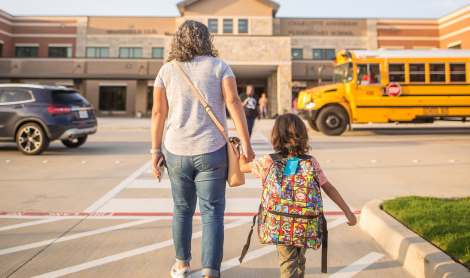A new report from the UCLA Civil Rights Project criticizes charter schools for using overly harsh discipline practices at rates higher than other public schools.
NACSA’s close read of the paper found inconsistencies and flaws in its methodology and content containing divisive rhetoric, consistent with other peer organizations. This is counterproductive to educators and policymakers across the country working on effective solutions to these real problems.
Despite our concerns with the paper, we know charter schools are not immune to the challenges of creating safe, equitable, and effective learning environments for their students. Ineffective disciplinary systems are damaging for students, parents, and communities and disciplinary gaps between student groups are a particularly serious issue.
As authorizers, we must monitor these issues closely. With this in mind, NACSA would like to offer some practical suggestions authorizers can use to address student discipline, such as:
- As part of an application review process, authorizers should receive and evaluate applicants’ proposed student discipline policies to ensure that they comply with applicable federal and state laws.
- For charter schools in operation, depending on state laws, authorizers have opportunities to collect data on student discipline activities and to be a source of information for parents and schools, and possibly a source of mediation.
- As part of renewal decisions, authorizers should obtain and evaluate data on schools’ student discipline record.
We recognize that autonomy and differentiation among schools are important attributes of the charter school movement and authorizers must continue to balance the rights of schools to be autonomous while protecting the rights of students to be treated in a legal and non-discriminatory manner.
Charter schools have the opportunity to try new approaches that serve students better. And parents should have the ability to choose a school that best meets their children’s unique needs. For some children, that may be a school with strict rules; for other children, that may be a school that is less strict. And it is important to remember that it is possible to have high behavioral expectations for students and not suspend or expel large numbers of them.
Together, authorizers can help ensure every child has the opportunity to attend a great school.


